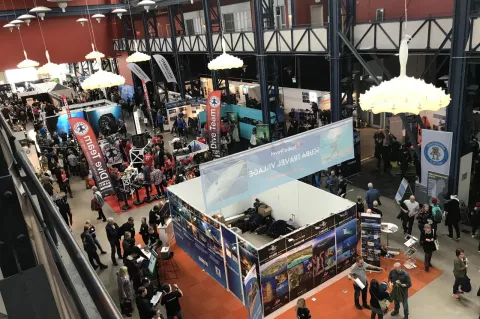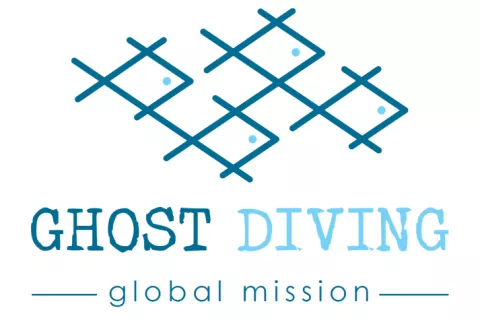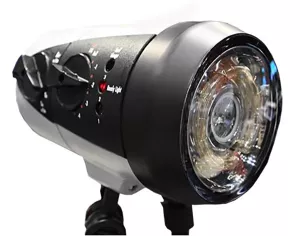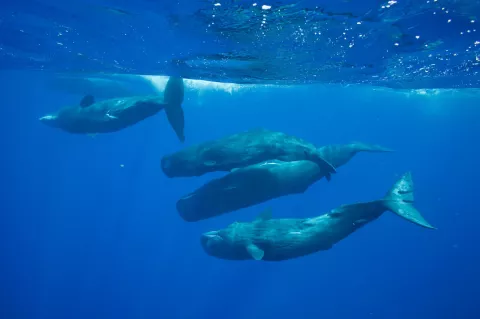Swedish Dive expo - Dykmässan - forced to postpone due to coronavirus outbreak
It was due to be held this upcoming weekend - Saturday 14 and Sunday 15 March 2020.
The organiser regrets the inconvenience caused. A future date that will be announced as soon as possible.








